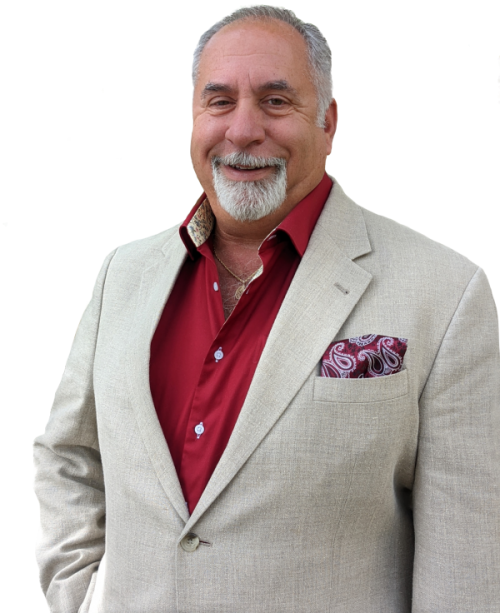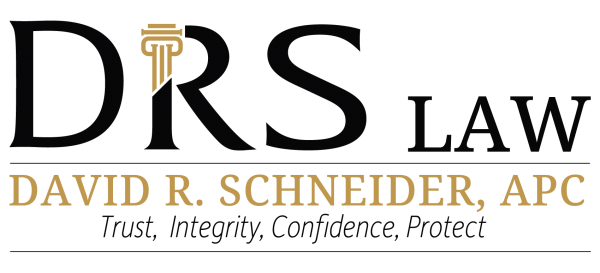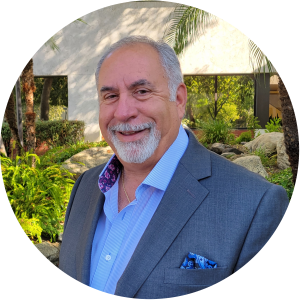Conservator Guardianship Services - David R. Schneider, APC
Navigating the complexities of guardianship or conservatorship can be overwhelming—let our experience be your guide and peace of mind.
When a family member needs help managing daily affairs—whether due to age, disability, or special circumstances—the family may need to initiate, or the Court may initiate guardianship or conservatorship procedures. Two very common areas of concern are children born with developmental deficiencies e.g., autism, Asperger’s, and where an adult has now entered into a stage of dementia. In these cases, a guardian or conservator is appointed to safeguard the individual’s interests, healthcare decisions and/or living arrangements and, handling finances, allowing a trusted family to “step into” the shoes of the person requiring help, to effectively advocate on their behalf.
If you have questions or concerns about starting a conservatorship or guardianship, our firm is here to help guide you through every step.
Nomination of A Guardian
Understanding Conservatorship & Guardianship
It is unfortunate when a family needs to plan around a Conservatorship or Guardianship proceeding. Both proceedings are before the Probate Court and are expensive and time-consuming, as well as presenting special challenges for the proposed conservatee or ward. A Conservatorship Proceeding is used for adults, while a Guardianship is used for minors.
When Is a Conservatorship Necessary?
When an adult has become or is incapacitated, it means that they are unable to make financial or healthcare decisions (or both) for themselves. Sometimes clients are prepared in advance by the creation of a Power of Attorney (POA) document or an Advance Healthcare Directive (ACHD). However, the POA and the AHCD need to have been prepared and signed prior to the person actually having become incapacitated.
The Conservatorship Proceeding may be contested or non-contested. Such decisions are often complicated when family members do not agree on who should manage the conservatee’s affairs or how they should be managed. This can lead to family disputes and lengthy court proceedings.
Guardianship for Minors
A Guardianship Proceeding involves a minor and is often used when it is more beneficial for the minor to be raised by someone else—frequently an extended family member. The Guardianship ends when the child becomes an adult, whereas the Conservatorship will likely last until the conservatee’s death.
Reach Out for Help
If you and your family are facing these difficult times, we invite you to call us to discuss your options. We can provide detailed information about what such a proceeding will likely mean to you and your family, and help you navigate every step of the process.
Frequently Asked Questions
How do I know if I need a conservatorship or a guardianship?
Conservatorships are generally for adults who cannot make decisions on their own, while guardianships apply to minors who require someone else to care for them. Determining which one is appropriate depends on the individual’s age, capacity, and the legal requirements in your jurisdiction.
What is the difference between a contested and a non-contested conservatorship?
A non-contested conservatorship means all involved parties agree on who will serve as the conservator and how decisions will be managed. A contested conservatorship arises when there is disagreement among family members or other stakeholders, potentially leading to more complex and lengthy court proceedings.
Can a Power of Attorney or Advance Healthcare Directive prevent the need for a conservatorship?
Yes. If a valid POA or AHCD is in place before incapacity occurs, these documents can often eliminate or reduce the need for a formal conservatorship. However, if they are not prepared in time or do not address all necessary decisions, a conservatorship might still be required.
How long do guardianship or conservatorship proceedings typically take?
Timelines vary by county or state and depend on court availability, any contested issues, and the complexity of the case. Some proceedings may conclude in a few months, while others can extend beyond a year.
What costs are involved?
Expenses can include court filing fees, attorney fees, and costs for required medical or professional evaluations. Contested cases tend to be more expensive due to additional legal work and court appearances.

Integrity and Expertise at the Core of Our Legal Services
With decades of professional expertise, David R. Schneider, APC blends deep community ties with a wealth of experience. From running a successful business to excelling in the legal field with top grades and honors, David’s extensive knowledge ensures comprehensive and trusted legal support. His lifelong commitment to the Conejo Valley and its residents is your assurance of reliable and heartfelt service. Choose a legacy of excellence for your legal needs.

 Conservatorship proceedings can be overwhelming. Let David R. Schneider handle the legal complexities, so you can focus on caring for those who need you most.
Conservatorship proceedings can be overwhelming. Let David R. Schneider handle the legal complexities, so you can focus on caring for those who need you most.